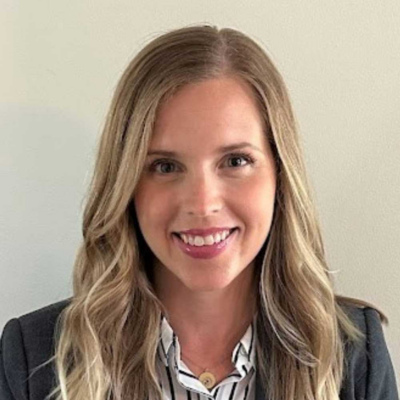Addressing Trauma Begins with Assessing Trauma
While childhood trauma and other adversities are common in those we serve, no two individuals are exactly alike. In fact, barriers related to trauma responses are highly dependent upon a number of personal factors, including the origin and duration of adversities experienced. Therefore, intervention should also be highly individualized.

The Neurosequential Model of Therapeutics (NMT) is a developmentally-informed, biologically-respectful framework that can be instrumental in mitigating the effects of trauma. Wellpoint Care is a certified NMT Phase II organization.
Wellpoint Care has over 10 years of experience partnering with parents, families and caregivers, as well as providers like school districts, County Human Services (CCS, CLTS, Child Welfare) agencies and Juvenile Justice Services.
Neurosequential Model (NM) work begins with highly-skilled clinicians trained in assessing for trauma, leading to individualized service recommendations for those recovering from the effects of trauma.
In many cases, NM Clinical Consultations are facilitated by a Wellpoint Care Network clinician specifically trained in both mental health and NMT, and are a perfect additive to other efforts to improve the mental health and overall function of children. NM Clinical Consultations are for cases that require a greater understanding of a child’s developmental abilities and deficits to identify beneficial therapeutic work.
Hearing about a child’s trauma isn’t enough; rather, the continued reframing and attention to their trauma response is needed. The main service provided in NM Clinical Consultation is psychoeducation for the caregiver and includes working with other team members that provide services to the family and child. NM Clinical Consultation bridges the gap between what is seen, how we understand and interpret it, as it relates to trauma and mental health. This is how we can then effectively intervene to lessen the impact of trauma. This is a very collaborative, flexible approach that is often provided virtually to meet family needs.
NM Clinical Consultations are an effective set of tools for achieving durable, effective outcomes to support higher-risk youth who:
- Have complex or developmental trauma.
- Have been involved in the juvenile justice and/or child welfare systems.
- Are at risk for out-of-home placement in residential/group home settings or at risk of losing placement.
- Have histories of aggressive and/or sexualized behaviors.
- Have experienced or are at risk of school suspensions or expulsions.
- Have educators that need support in understanding how trauma affects the child’s functioning at school and how to help them succeed.
- Have caregivers that need continued support and progress monitoring in the home as it relates to caregiver strategies.
- Have a mental health diagnosis and has a caregiver who needs greater support (psychoeducation).
Make a Referral
If you are interested in requesting NM Clinical Consultation services through Wellpoint Care, please download and complete the New Patient Referral Form below.
Referral Form (PDF)
Please email completed forms to [email protected].

Benefits of the NM Clinical Consultation
The NM approach is an effective solution for families, systems and providers who seek:
- Streamlined interventions that address the impact of adverse experiences and current neurodevelopmental functioning to provide more realistic solutions and expectations.
- Effective early interventions and prevention services geared to support children and youth before crisis situations occur.
- Ways to prevent failed interventions and placements.
- A psychoeducational approach that ensures all participants in the client’s care plan understand and can fully act on the recommendations of care plan.
- A flexible approach (virtual appointments) that supports a wide range of interventions and supports for clients.
Funding Sources
Funding sources include state funding through Comprehensive Community Services (CCS), Children’s Long-Term Support (CLTS) Waiver, Child Protective Services (CPS), school district budgets, and private pay.
Workshops & Trainings
Common Behavioral Concerns include regressive behaviors, sexualized behaviors, self-regulation concerns, maladaptive behaviors (lying, stealing), irregular sleep and food habits, hoarding issues, toileting challenges, socialization and social engagement delays, aggressive behaviors, running away.
School Supports include consultation, coaching, modeling, and observation services to support school-related functioning and behavioral supports for both individual students and whole classroom settings.
Core NM Concepts trainings on specific topics like understanding stress response and why an individual may react as they do; caregiver reactions to stressors and the alignment of their stress response with their youth; preferences with healthy and unhealthy forms of coping, regulation strategies, attachment and relational templates to provide a general framework and foundation of the Neurosequential Model’s core concepts.
Universal Level Supports offer school, business or agency-wide training, consultation and coaching on implementation. Click here to learn more.

